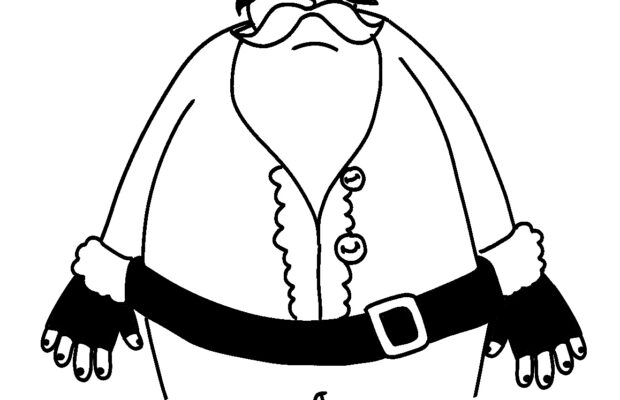Christmas may have lost its magic

What makes Christmas the happiest time of year for most families in the U.S.? For some, it is the impossibly cheery music, or the relatives they are able to visit. Not to mention all the ads telling us to take out a department store credit card, along with childhood nostalgia of shopping with your parents. Lately the warm feelings surrounding the holidays have been decreasing year after year, and there seems to be a few factors at play.
A comparison of past Christmases have led many teens to feel disappointed with the present. TikToks with photos of 2000s malls and department stores are floating around, and these videos invoke a powerful feeling of missing when times were simpler. I was a child that was not aware of the evil world, and all that mattered was that my parents got me the right Lincoln Logs set. Not to mention, teenagers with jobs can already afford smaller things they would include on their Christmas list if they did not have a paycheck to look forward to. Yet ironically, the photos used in nostalgia TikToks are as old or older than much of the targeted audience. Teens are starting to conflate their nostalgia with the other factors of why the holiday has lost its magic; your disillusionment has made Christmas feel worse.
Music has always been a large part of making Christmas unique from other holidays; you do not hear much of Thanksgiving or Easter music. Popular and classic Christmas music ranges from the 1940s- 1990s, times that no one from Gen Z would remember. However we can remember looking at the neighborhood Christmas decorations with hot chocolate and Bing Crosby on the radio. Even though modern Christmas music can be, and usually is good, the typical culprit of nostalgia leaves an emotional disconnect between the jolly sound waves and I.
While Christmas has and always will continue to bring me joy, it does feel like the magic of December 25th will pursue its downward trend, simply due to growing up.


